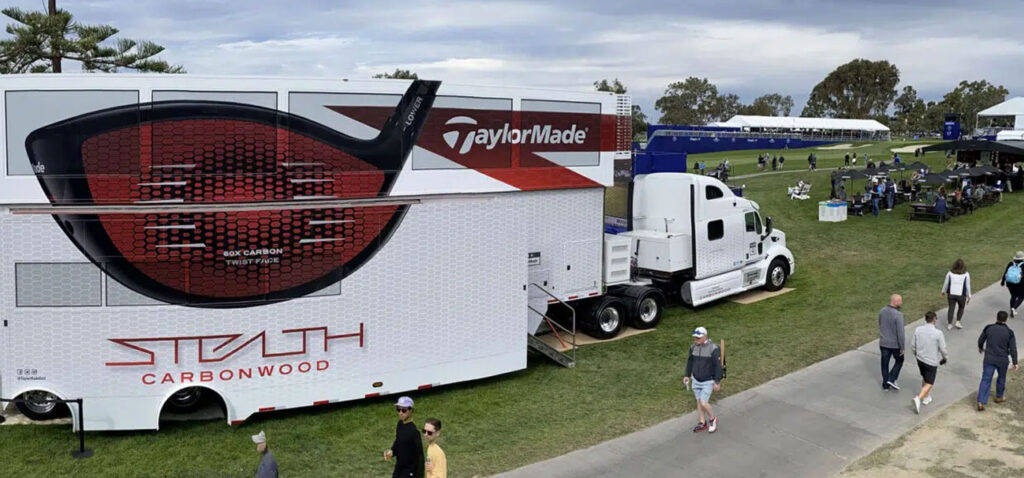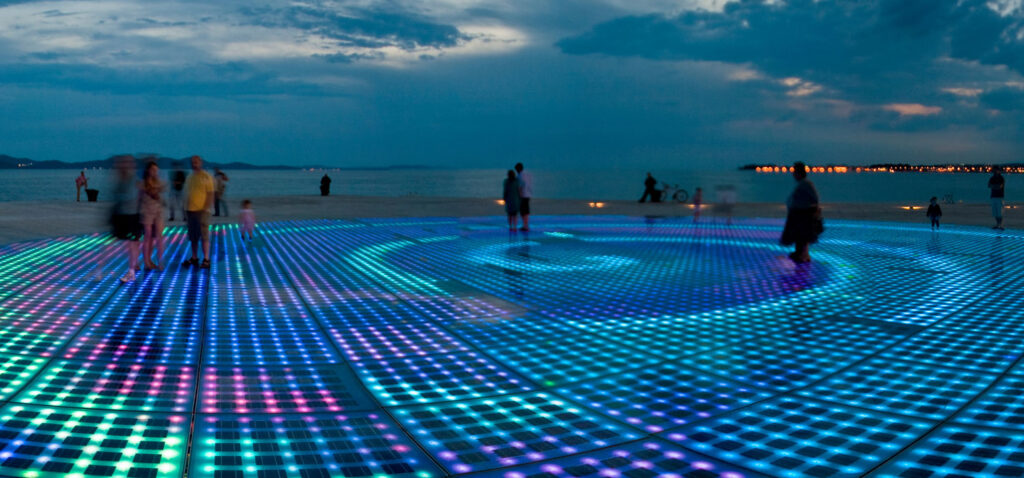Imagine attending a marketing event planned by your favorite company and stepping into a completely immersive experience that touches all your senses. This is the essence of experiential marketing—creating an interactive event for customers instead of approaching them using traditional marketing methods. Many people know that technology is changing the face of experiential marketing campaigns, but how? In this article, we’ll discuss how you can effectively integrate event technology into your experiential marketing strategy.
The Evolution of Event Technology
In the past, traditional marketing dominated promotional events. Direct marketing techniques, including advertising and sales promotions, have exposed consumers to new brands or products. However, the rapid increase in technology, such as the Internet, the use of flat panel screens, data software, and 3D technology, has drastically improved the possibilities of technology.
With each new event, companies can track attendees, gather data insights on their spending habits, immerse themselves in 3D experiences, and much more. The biggest change? Instead of giving customers information, companies are now looking to give their customers an experience.
Benefits of Integrating Event Technology into Experiential Campaigns
Companies integrating experiential marketing technology into their campaigns can enhance attendee engagement and interaction, streamline event management and logistics, and improve brand visibility and perception.
Common Types of Event Technology
The possibilities of incorporating experience technology are seemingly endless. At Southport Marketing, we can use a wide range of digital tools, software platforms, and devices to streamline and enhance event execution.
This variety of technology tools can also be used in the planning process. Registration and ticketing platforms simplify the attendee sign-up process. Mobile event apps help to gather data, give information to employees, and provide a wide range of services.
Audience response systems help to gather opinions with live polls, live tracking systems gather foot traffic, while virtual and hybrid event platforms help you customize the event. In many events, interactive displays and touchscreens engage users, while augmented reality experiential marketing and VR experiences take attendees on a different, unique perspective on the event.
Strategies for Successful Integration
Perhaps the biggest key to success is understanding your audience’s preferences. What kind of experience do they prefer, and what technology would work best? Defining campaign objectives, such as selecting the right technology for the audience, will ensure success.
Case Studies of Effective Event Technology Integration
Southport Marketing is an experiential marketing agency in Los Angeles that has been delivering incredible experiential marketing events to our clients. We can identify how best to leverage and integrate technology into their experiential campaigns. Just a few include:
Toyota Book of Names
In this campaign, we utilized various experiential tech to promote a Toyota event. At this event, Toyota owners could submit the name of their Toyota vehicle and receive a customized badge that they could place on the back of their vehicle.
TaylorMade Golf Stealth Driver Launch
With the launch of the first-ever Carbonwood, TaylorMade wanted to build brand awareness at two PGA Tour events. We used our extensive experiential tech team to create design and fabrication, brand activation, and sponsorship marketing for these events.
Other notable pieces of our portfolio are Toyota PRIUSCINEMA and Alaska Airlines Bay to Breakers Race Sponsorship.
Overcoming Challenges in Integrating Event Technology
At Southport Marketing, we follow technology advancements and trends to ensure seamless execution and stay relevant in the constantly changing environment. Likewise, our execution plans include prior testing and set-ups to work through any challenges that may arise. As part of this plan, we also include contingency planning and risk management.
Future Trends in Event Technology and Experiential Campaigns
What do we predict for the future of experiential marketing? We predict more collaboration and more technology. Some of our current predictions include the utilization of the following experiential marketing technologies:
- Artificial Intelligence
- Personalized experiences
- Art installations
- Hybrid events
- Sustainability
Got an Event? Hire Southport Marketing!
The future of experiential marketing lies with Southport Marketing. From augmented reality experiential marketing to experiential software, we are the leaders in brand immersion. Elevate your next event to an extraordinary experience. Contact Southport Marketing to start your experiential marketing journey today!



